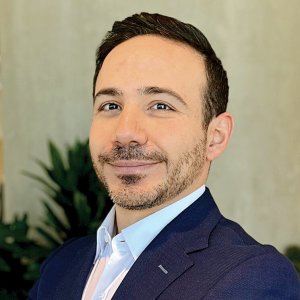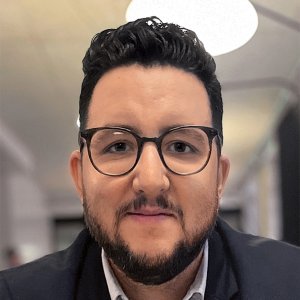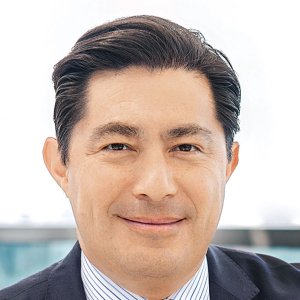Dispelling Mexico’s Security Myths

STORY INLINE POST
Q: When clients approach you to ask about the general panorama regarding security in Mexico, what do you tell them that they are not expecting to hear?
A: What is most important for them to understand is that the question of security in Mexico, and in any other country for that matter, is not binary. Security contexts and situations are diverse and geographically distributed in patterns that might follow logical directives but not necessarily. Americans come into Mexico looking for easy answers regarding risks but frankly, risks in the US are not easy to map either. People are sometimes surprised to hear about lower crime rates in many Mexican cities when compared to some of their American analogues, not to mention the rare incidence of certain types of crimes that people assume are common here, such as kidnappings. The security situations that you encounter in the country’s major cities like Mexico City, Guadalajara and Monterrey are not all that comparable to the risks you will find in some of the country’s rural areas. In fact, the risks in those cities might be much more comparable to risks in other cities of similar size in Latin America. Operators looking to assess the risk of operating a mine in Guerrero or Zacatecas need to be driven away from whatever impression they might have gotten from media based on metropolitan crime statistics or crime statistics from a completely different region. If their knowledge of the country’s geography is incomplete then their knowledge of the risks involved is going to be necessarily distorted.
Q: What are the most important factors your clients need to consider when assessing risk in a major Mexican city?
A: Even within cities in Mexico, there are a variety of misapprehensions and binary understandings. Some people can equate the security situation of the entire city with that of neighborhoods going through a difficult time, like Tepito in Mexico City, which is in and of itself a culturally rich area that has a lot to offer commercially as well. Its security situation needs to be understood in a nuanced way.
In my experience, individual clients tend to be pretty literate about this diversity of situations. People are less likely to be led by superficial understanding. However, they have to follow global corporate security guidelines that are set in a generalized way. It is in those guidelines that one is likely to find the basis for a number of these misunderstandings. The responses dictated by these guidelines can also be inappropriate. Many of these responses demand the presence of armed protection, which is not necessary and can at times be counterproductive and attract the wrong kind of attention. Risk assessments also need to be tailored to the client’s profile. If a client has a low profile and is not identifiable or easy to search for in databases, priority No. 1 might be to protect that anonymity. That is much more likely to keep them safe than a weapon or a team of trained personnel. Being precise about the Do’s and Dont’s is crucial.
Q: What led to the establishment of your Global Security Operations Center in Mexico City?
A: Before starting operations in Mexico, we were very much focused on the Middle East and Asia. In these regions, we dealt with national situations that were several increments more unstable than Mexico has ever been. I am talking about complicated situations in which legal systems and their enforcement have to be outsourced to private armed forces or police bodies that are still being trained and put together. Eventually, it came time for us to look at opportunities in Latin America, in which the supply of security services was much more supported by local authorities and governance. The institutional situation was a lot more advanced and we could afford to make our approach more subtle. In this regard, Mexico City became an ideal place to centralize our operations due to both its proximity to the region and the available resources the city offered in terms of networking and connectivity infrastructure. There is a large and diverse security sector here that we can interact with, an ecosystem of consultants and service providers that facilitate our work immensely. Their handling of accounts has a proximity to our own; a comprehensive exchange of clients is possible. We also have access to a much more diverse portfolio of industries in Mexico, which also tend to install their corporate bases in Mexico City. These include manufacturing, automotive, retail and entertainment. I have already mentioned mining, which is part of a large category of industries managed from the city but needing immediate attention in isolated areas, a category that also includes oil and gas as well as energy. Our GSOC integrated services called PrOCSimity (OCS Operation Center Services) is the heart and brain that supports executive protection, emergency response, monitoring and intelligence services.
Formerly Steele CSS, FirstCall CSS is an international provider of security solutions such as executive security, surveillance and response systems, security consultancy and workplace stability.








 By Pedro Alcalá | Senior Journalist & Industry Analyst -
Thu, 07/08/2021 - 12:42
By Pedro Alcalá | Senior Journalist & Industry Analyst -
Thu, 07/08/2021 - 12:42
















